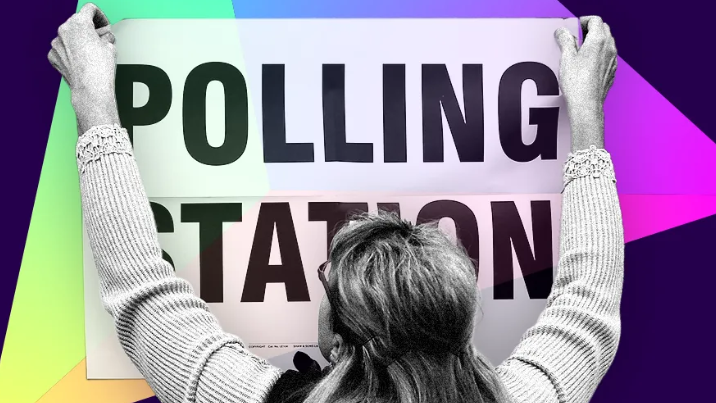'Fast rail links would improve North West outcomes'
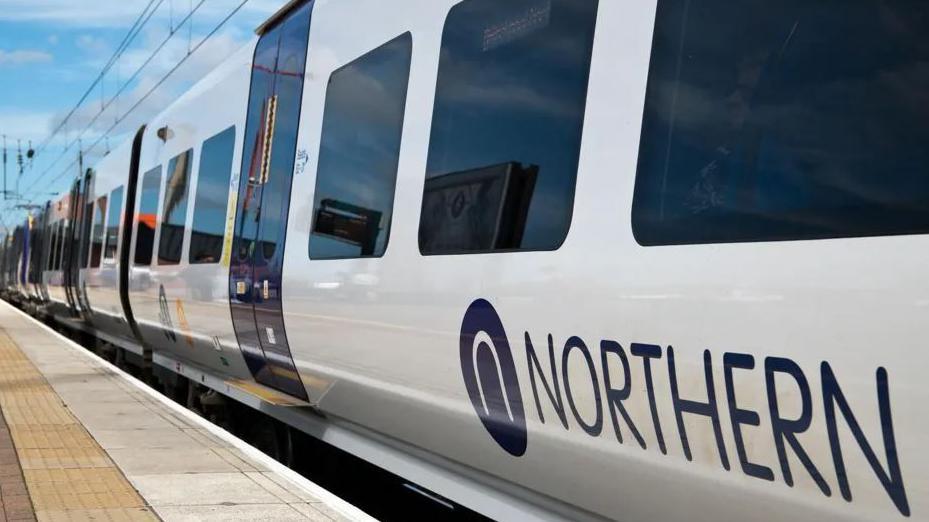
Two of the region's main rail operators – Northern and Transpennine – are now controlled by the government
- Published
Transportation is a critical issue in general elections due to its impact on the economy, environment and social equality.
But sorting out the region's transport links will be a huge and difficult task.
Danny McTague, from Manchester, is among the many people who got in touch with the BBC via Your Voice, Your Vote to tell us that transport is the most important issue for them in this election.
He called for public transport to be nationalised as did Ian Barber, 66, who is also from Manchester.
Tom, 33, from Greater Manchester, said if Liverpool, Manchester and Leeds were joined via a fast railway line "it would do a huge amount to improve outcomes here" and Georgia Ellis, 28, of Cheshire, said improving trains and transport was important to her.
Meanwhile, David Berry, 71, from Lancashire, raised potholes on the region's roads as an important issue. "It doesn't seem to matter anymore to all political parties that the roads are those of a third world country," he said.
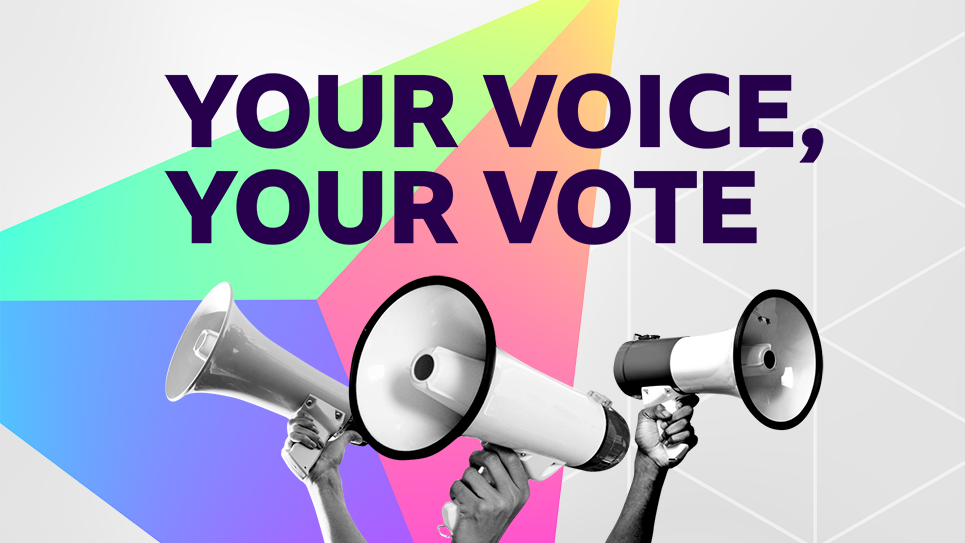
Plagued by delays, overcrowding and cancellations two of the region's main rail operators – Northern and Transpennine – are now controlled by the government.
But it has not helped Lewis Kemp. He runs a digital marketing business in Manchester.
When he needed to go to London during morning peak hours to meet a client he was shocked the return ticket cost £339.48.
Rail company Avanti said tickets were much cheaper if bought in advance.
But can we really expect the next government to lower rail fares?
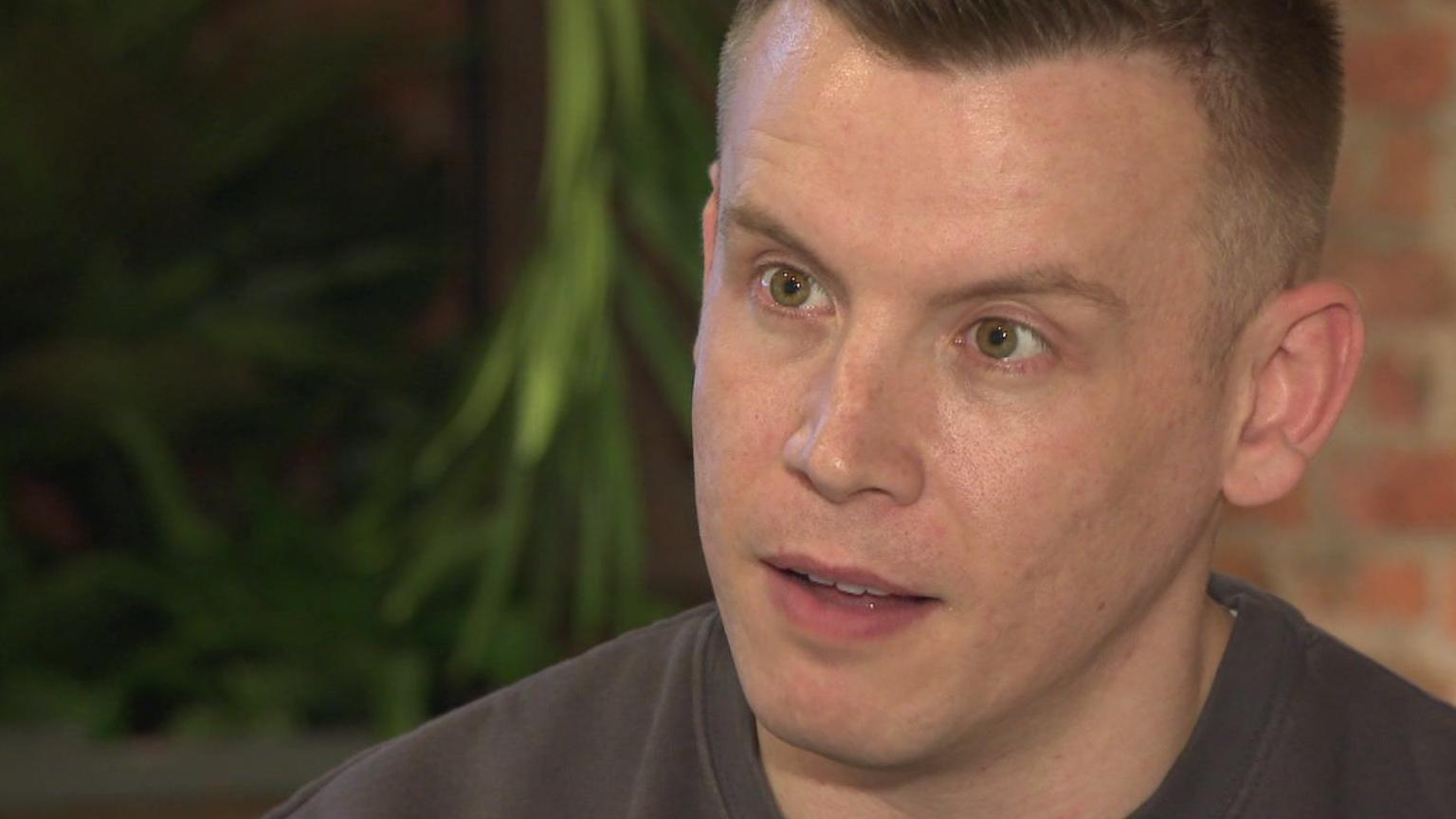
Lewis Kemp says he was shocked at the price of a return rail ticket from Manchester to London
What are the political parties promising on rail?
The Conservatives have made a commitment to Network North, a set of schemes put in place after cancelling HS2 to Manchester as well as a recommitment to Northern Powerhouse rail – the link east to west.
They also said they would create Great British Railways to modernise the system.
Labour said it would ensure passenger rail returns to public ownership as soon as contracts end.
It would set up Great British Railways to look after day-to-day operations and improve connections across the north.
The Liberal Democrats said they would freeze rail fares, extend electrification and deliver Northern Power house rail. It would review the cancellation of HS2 to Manchester.
The Green Party promised a publicly owned railway for passengers and freight, rapid electrification and the reopening of lines and stations.
Reform UK said it would scrap what was left of HS2 to Birmingham and improve existing rail links in areas like the north.
Tony Miles, of Modern Railways Magazine, said while lower fares were unlikely, "passengers are looking for improvements in their rail service".
"They want to see better punctuality, better quality of trains and feeling safer when they are travelling."
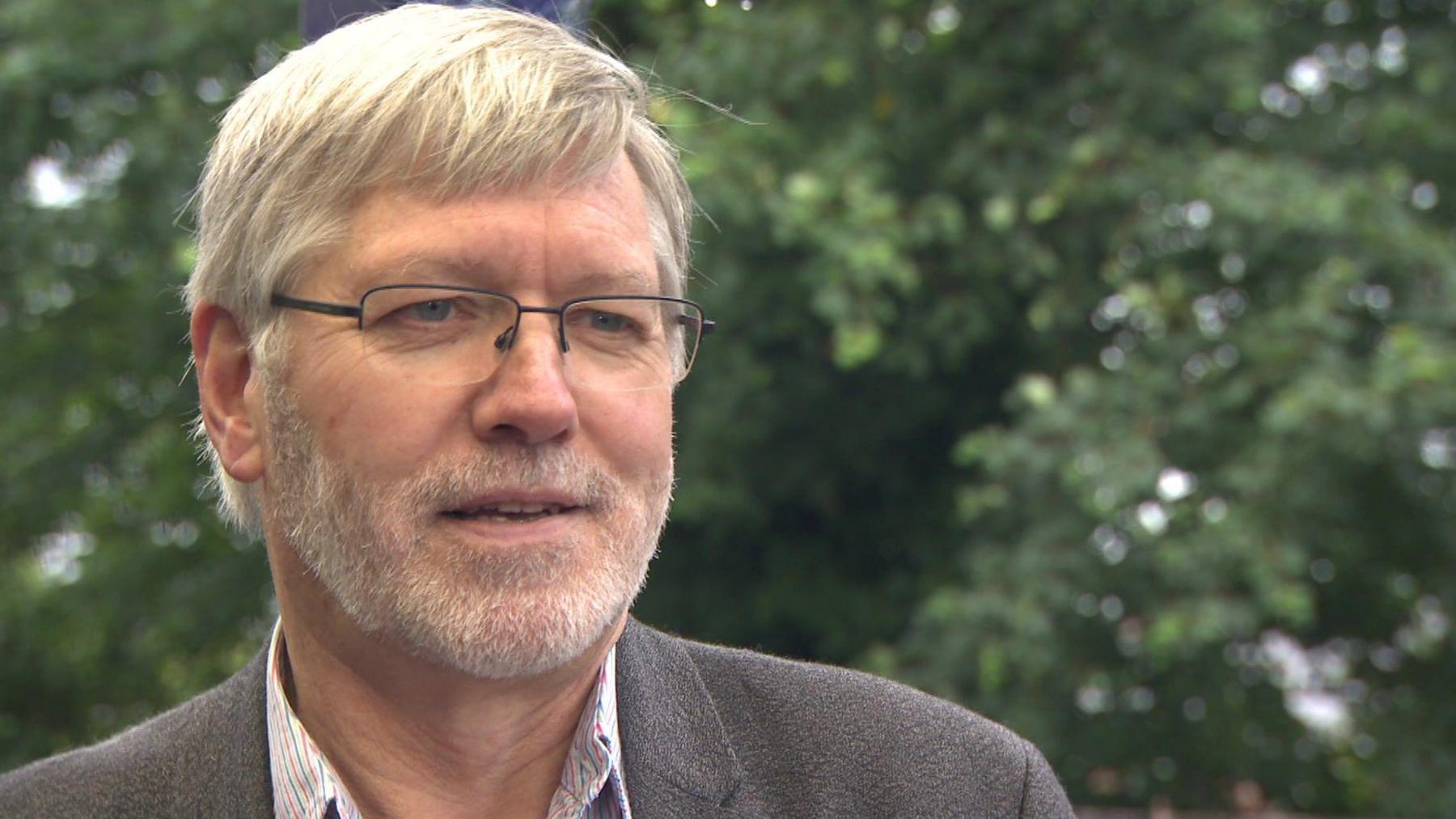
Tony Miles, of Modern Railways Magazine, says passengers are looking for improvements
While confidence on rail travel has fallen, so has confidence in buses.
Bus users said privatisation made fares complex and cut vital routes especially in rural areas.
The mayors in both the Greater Manchester and Liverpool City Region - Andy Burnham and Steve Rotheram - are taking back control of buses.
Jim Davies lives in Lancaster. He said his service was good but he campaigned for a better bus service for all.
He hopes the next government will keep the current £2 fare cap which he said has encouraged people to use buses and expand services in rural areas.
The chairman of the Lancaster District Bus Users group said: "What we really need is certainty over funding."
He said the group wanted "guaranteed" and "long-term funding" to provide a "comprehensive bus service throughout the district".
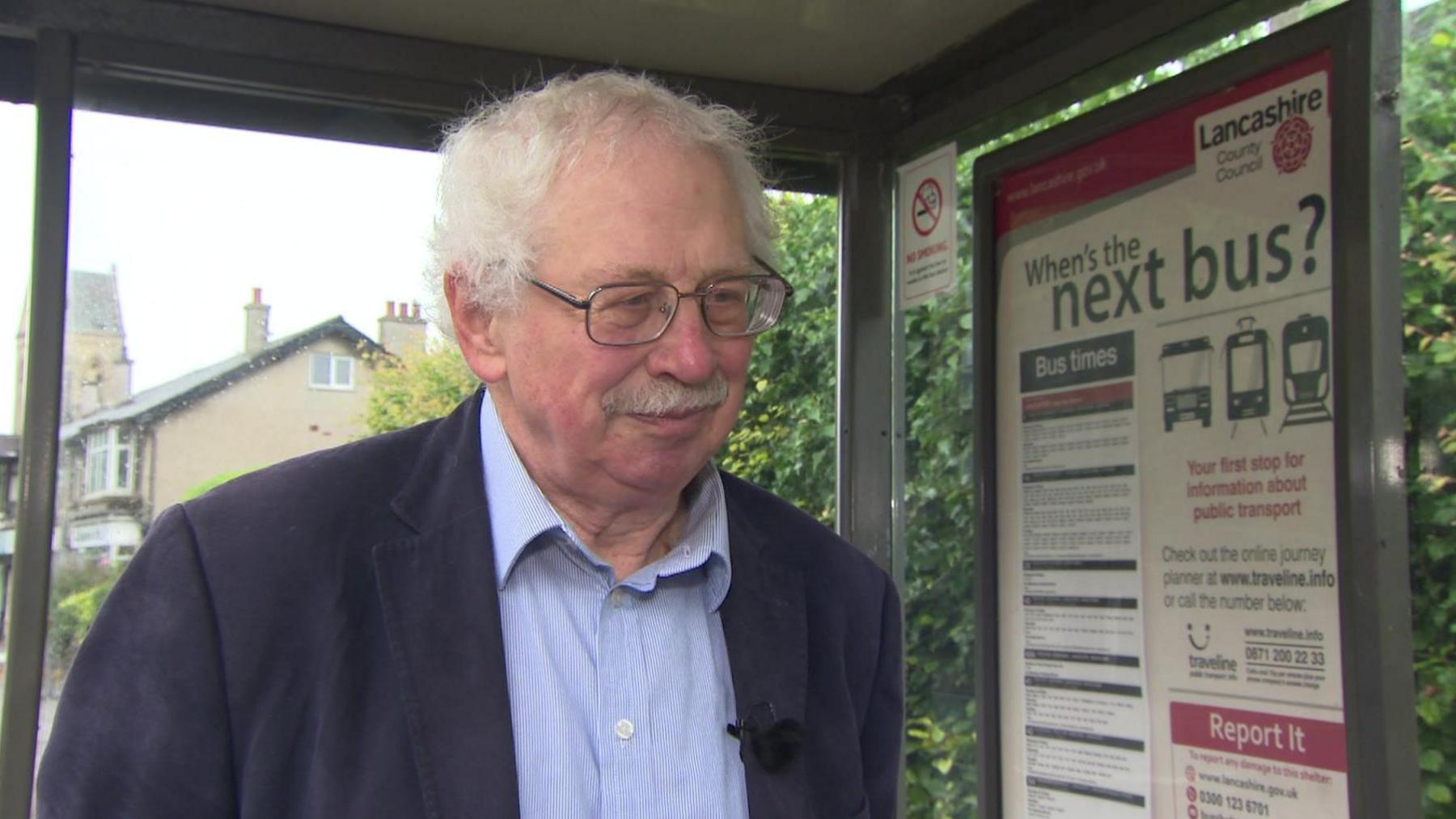
Jim Davies says he is campaigning for a better bus service for all
What will the political parties do for bus users?
The Conservatives said they would keep the £2 fare cap and commit £1bn to support hundreds of new bus routes across the north of England and the Midlands.
Labour said it would reform the bus system giving more powers to local leaders and give communities control over routes.
The Lib Dems said they would keep the £2 bus fares cap, give discounts to young people and extend services especially in rural areas.
The Green Party pledged to expand urban and rural bus services giving local authorities more control and ensure every village had a bus service.
Reform UK said it would improve road links.
All parties said they were committed to reforming transport links.

What about pothole repairs?
Potholes were also a key issue for residents with repairs at an eight-year high in England, according to the Asphalt Industry Alliance (AIA).
They were the number one priority for Lancashire residents, a Lancashire County Council meeting was told earlier this year.
The Conservatives have promised to put £8.3bn into road repairs between this year and 2034.
Labour has pledged to fund councils to repair up to a million potholes a year in England.
The Lib Dems said it would invest £300m over the course of the next parliament, which they claimed would fix 1.2m potholes a year.
The Green Party said they would oppose all new road building plans and reallocate funding earmarked for road building to improve public transport, cycleways and footpaths.
Meanwhile, Reform wants to improve rail and road links but has not addressed potholes specifically.
- Published27 June 2024
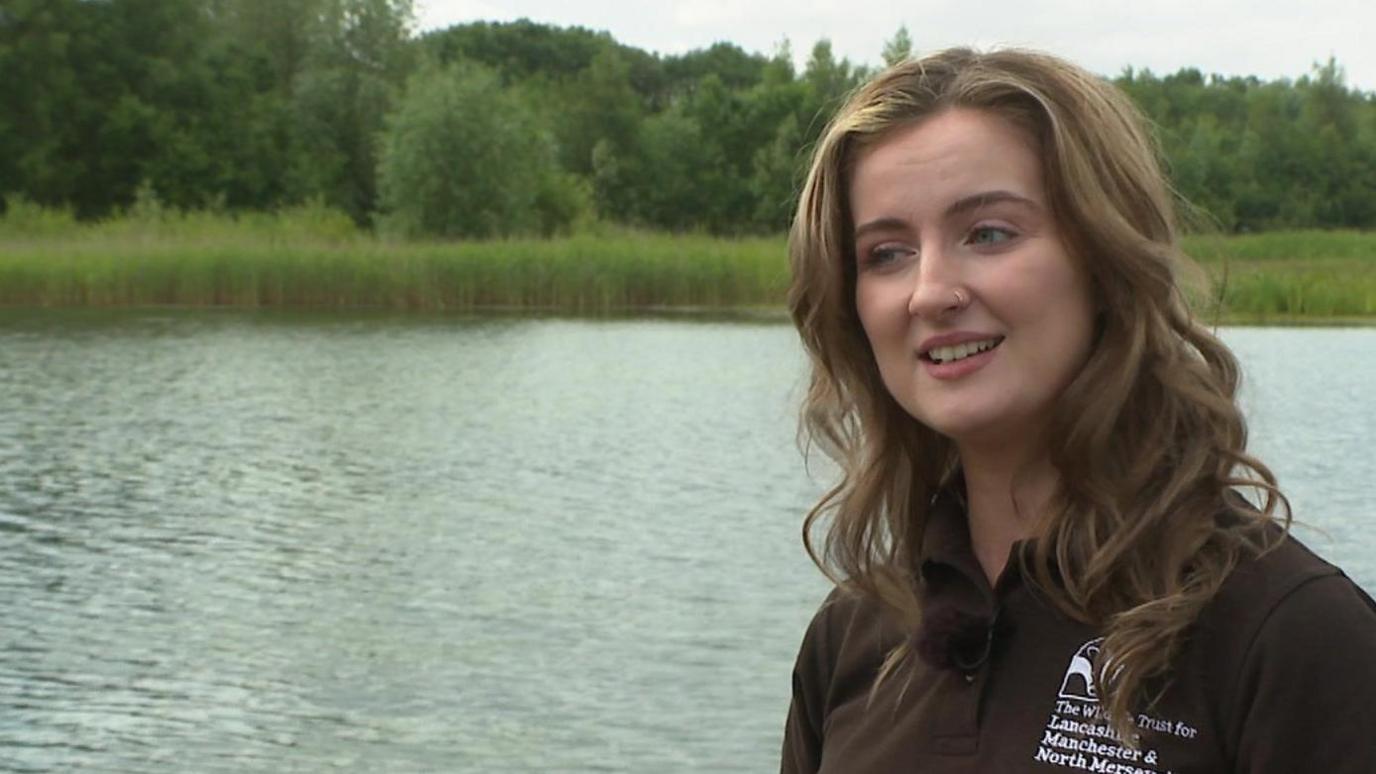
- Published12 June 2024
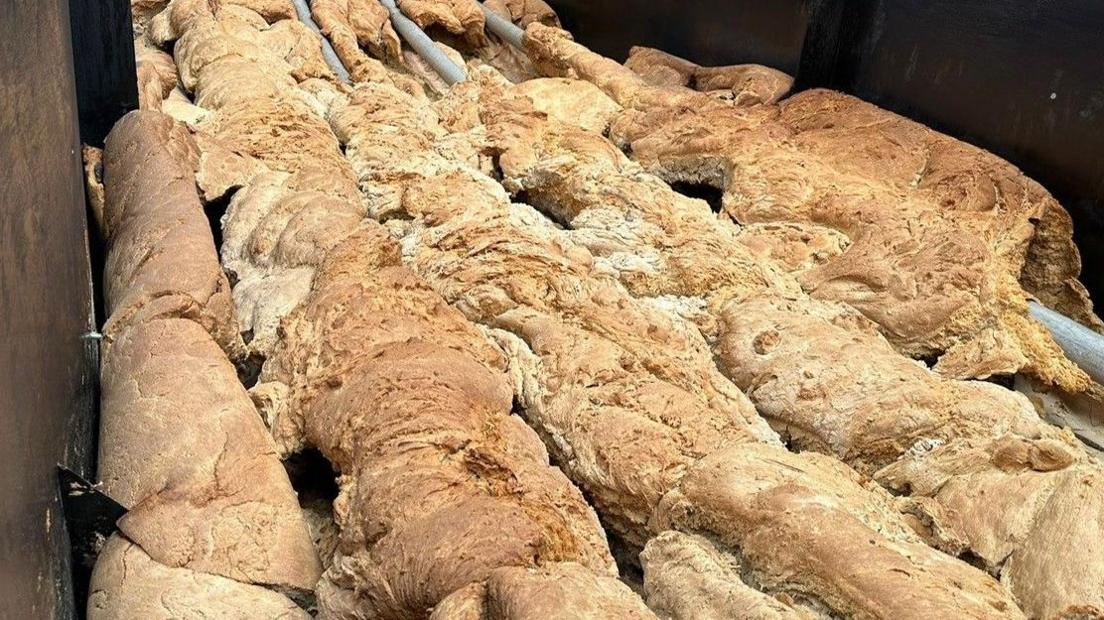
- Published11 June 2024
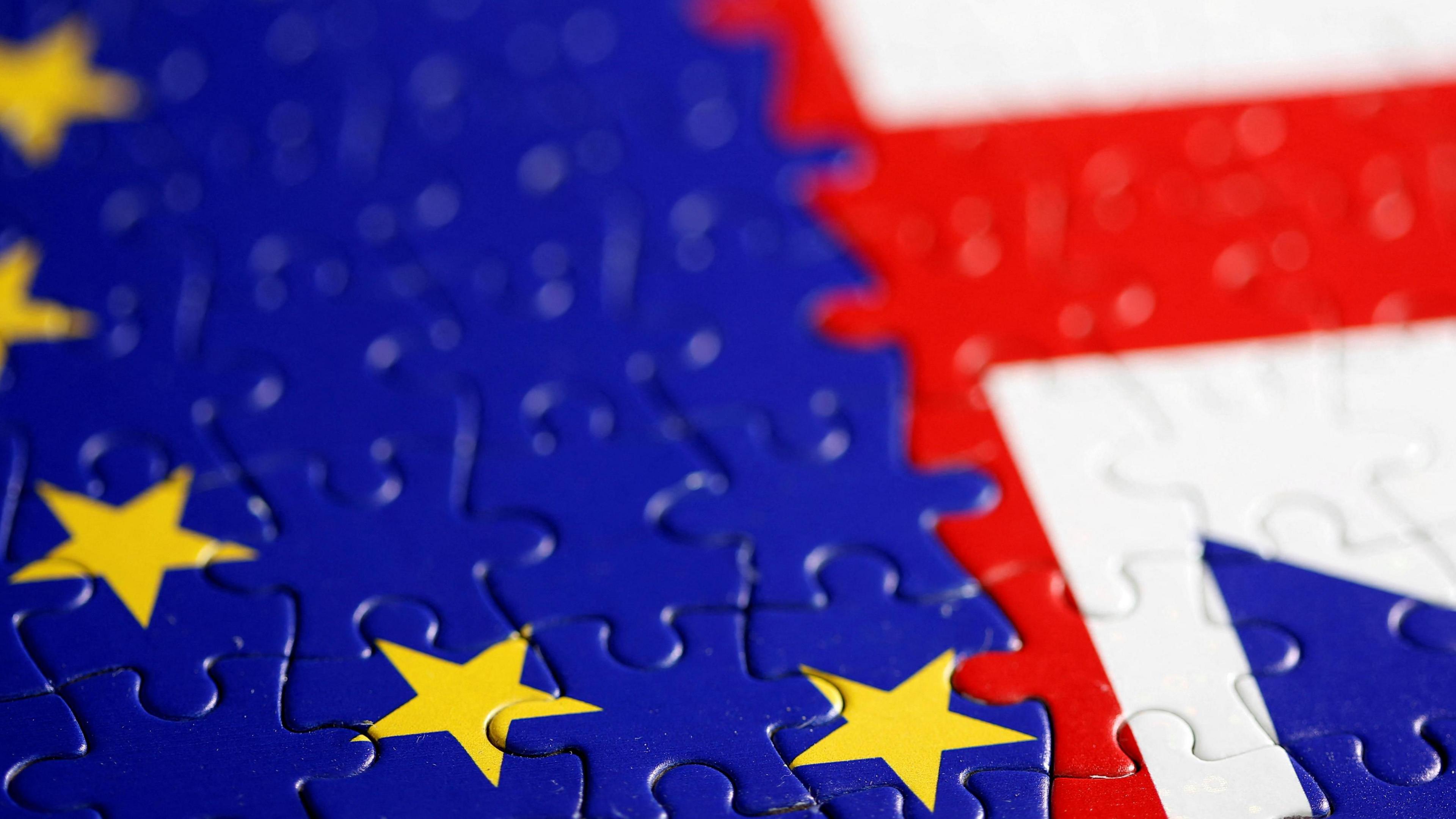
- Published2 July 2024
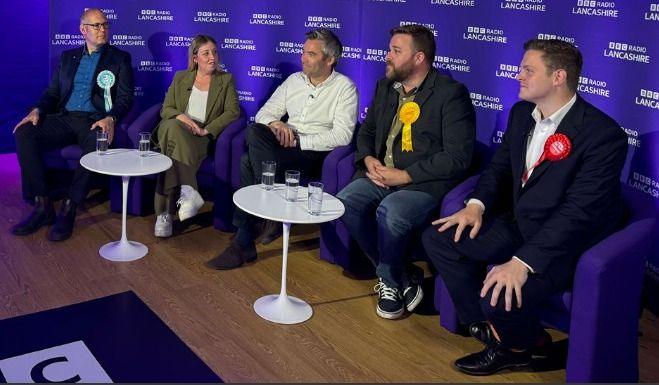
- Published10 June 2024
